-
Welcome! The TrekBBS is the number one place to chat about Star Trek with like-minded fans.
If you are not already a member then please register an account and join in the discussion!
You are using an out of date browser. It may not display this or other websites correctly.
You should upgrade or use an alternative browser.
You should upgrade or use an alternative browser.
Time to date yourself: Items from your childhood (picture thread)
- Thread starter Aragorn
- Start date
As a child of the late 80's and early 90's, here are some of the toys I used to play with.
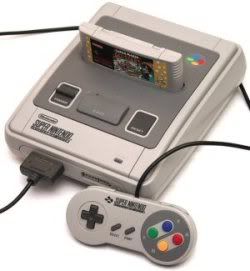
The super nintendo! - I never had the original nintendo, but got the super nintendo. Favorite games were Super Mario, Super Mario Gocart, the Ninja turtles game and the Star Wars game.

And who can forget legos? I used to play a lot with these things.
I used to play a lot with these things.
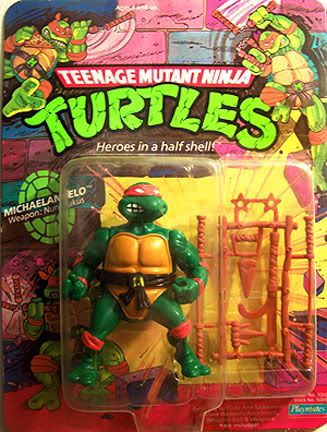
Also liked the ninja turtles toys. Not sure if this is the actual models I used to play with, got the picture of off google, but you get the idea.
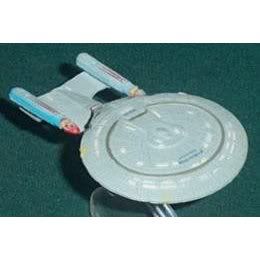
Likewise, I don't think this is the actual model I had, but I had the micro machines enterprise where you could open the saucer section, and then play with a mini Picard and Data on the bridge. I also got the micro machines Borg head where you could live out the scenes from "Descent", and the Klingon head.
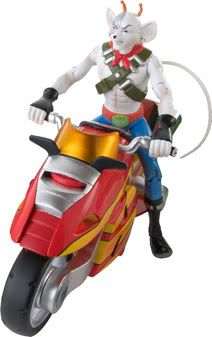
The biker mice from Mars. I had the Vinnie character, and one of the other mice, but didn't have the bike though.
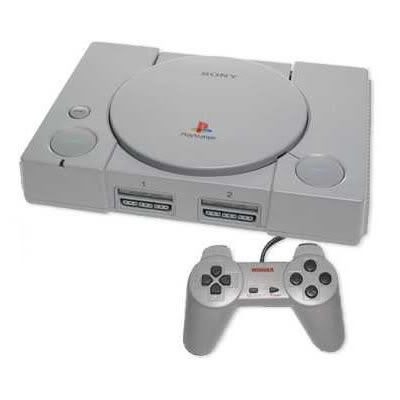
And who can forget the original playstation? Used to play Tekken and a couple of other games.
Used to play Tekken and a couple of other games.
So these are the toys that I took the time to google. I'm sure there were a lot of other toys as well, but I don't remember them all, and don't have the time tracking them all down on google either

The super nintendo! - I never had the original nintendo, but got the super nintendo. Favorite games were Super Mario, Super Mario Gocart, the Ninja turtles game and the Star Wars game.

And who can forget legos?
 I used to play a lot with these things.
I used to play a lot with these things.
Also liked the ninja turtles toys. Not sure if this is the actual models I used to play with, got the picture of off google, but you get the idea.

Likewise, I don't think this is the actual model I had, but I had the micro machines enterprise where you could open the saucer section, and then play with a mini Picard and Data on the bridge. I also got the micro machines Borg head where you could live out the scenes from "Descent", and the Klingon head.

The biker mice from Mars. I had the Vinnie character, and one of the other mice, but didn't have the bike though.

And who can forget the original playstation?
 Used to play Tekken and a couple of other games.
Used to play Tekken and a couple of other games.So these are the toys that I took the time to google. I'm sure there were a lot of other toys as well, but I don't remember them all, and don't have the time tracking them all down on google either

Hey, remember that time my mom gave away my Castle Greyskull and all my other He-Man toys without telling me?
Booooooooo!
J
Jetfire
Guest

NES

I had one like this and it went missing.


Me on and A-Team big wheel holding my Garfield.


M.A.S.K. was awesome!
That's funny, I never actually owned a console as a kid, PC guy as long as I can remember. I think our first one was some variant of a 386. Other than that LEGOs, Ninja Turtles, one of those construct-a-freeway toys, remote control cars.. oh, mountain bikes and one of those snow sled/bike crossbreeds.

And who can forget legos?I used to play a lot with these things.
The plural of Lego is Lego

I still play with this today:


And who can forget legos?I used to play a lot with these things.
The plural of Lego is Lego
People keep saying this, but why? I realize it's the brand name, and that the little pieces are actually called "bricks."
But what if I saw a bunch of Apple computers? Nobody would correct me if I said, "Look at all the Apples!"
What is this, exactly? I remember having something very similar - possibly the same thing - but I have no idea what it is.
A lot of what I had revolved around this theme..
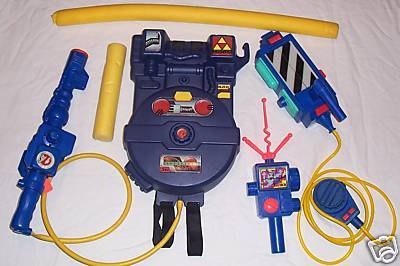
...including all of the above, a load of action figures, cars and the headquarters.
I was in heaven as a kid when I found all Ghostbusters figures on sale for 99p the same day my gran gave me loads of money to spend.
I had quite a bit of Trek stuff too - I still have some of the figures and micromachines on my shelf.

And who can forget legos?I used to play a lot with these things.
The plural of Lego is Lego
People keep saying this, but why? I realize it's the brand name, and that the little pieces are actually called "bricks."
But what if I saw a bunch of Apple computers? Nobody would correct me if I said, "Look at all the Apples!"
It's simply one of those words that is already plural.
If you saw a field filled with several moose in it would you say, "Look at all of the mosses!"
Some things that instantly spring to mind from my child hood in the 70s.






The plural of Lego is Lego
People keep saying this, but why? I realize it's the brand name, and that the little pieces are actually called "bricks."
But what if I saw a bunch of Apple computers? Nobody would correct me if I said, "Look at all the Apples!"
It's simply one of those words that is already plural.
If you saw a field filled with several moose in it would you say, "Look at all of the mosses!"
Everyone is wrong!I guess, but who decided "Lego" was the plural form of "Lego?"
I'm all about following grammar rules, but I want to know where they come from!
From the website of some guy that seems like an expert on the subject.Which is correct as the plural of LEGO:'Lego' or 'Legos'? Neither, actually. The word 'LEGO', when used as a noun, should only refer to the company that makes the product. Otherwise 'LEGO' is supposed to be used as an adjective. Thus, when referring to the pieces, neither 'lego' nor 'legos' is correct... rather one should say: 'LEGO bricks' or 'LEGO pieces' or whatever (using LEGO as an adjective -- and one should really capitalize all of the letters, and put the little 'circle-R' symbol after it (®)). This is all a matter of protecting the trademark of 'LEGO' for the company (using it otherwise degenerates the strength of the trademark).
That's right, the correct plural is "LEGO® brand Construction Bricks" (or something), now everyone shut up about it. In closing: legos legos legos legos legos FUCKING LEGOS!!!
Similar threads
- Replies
- 38
- Views
- 2K
- Replies
- 5
- Views
- 766
- Replies
- 6
- Views
- 262
- Replies
- 10
- Views
- 1K
If you are not already a member then please register an account and join in the discussion!








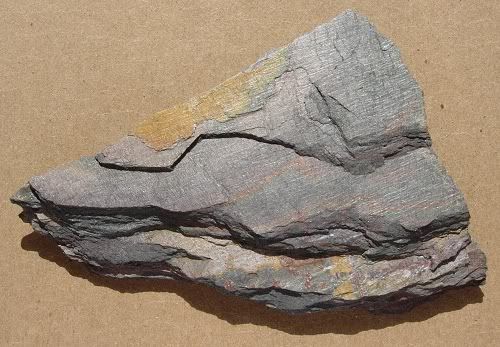

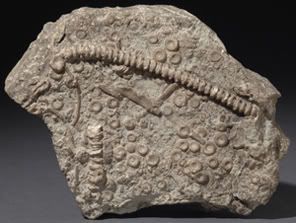

 )
)




